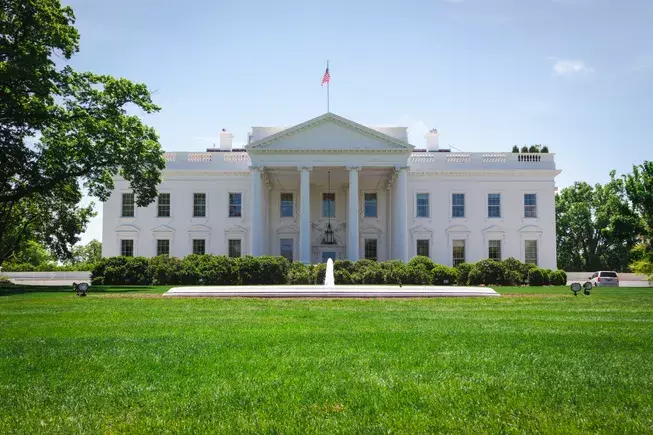In a significant turn of events, the U.S. government has agreed to reduce tariffs on imports from China, marking an important pause in the escalating trade war that had caused considerable strain on economic relationships between the two powerhouse nations. This development is not merely a victory for diplomacy but also a crucial lifeline for markets that have been grappling with the repercussions of constant instability. As the two economies strive towards a more harmonious coexistence, this tariff agreement could have sweeping implications far beyond the immediate trade landscape. It paves the way for meaningful dialogues that could reshape the digital economy, particularly in the case of high-profile apps affected by geopolitical tensions.
The TikTok Conundrum
At the center of this negotiation is TikTok, a platform that has become emblematic of the larger issues at play between the United States and China. The U.S. Senate’s approval of a bill mandating the sale of TikTok to a U.S.-owned entity reached a critical inflection point in January, leaving the app’s future in a precarious state. While the deadline came and went without a sale, the newly inaugurated President Trump intervened, allowing TikTok additional time to negotiate potential partnerships. This strategic pause was not merely a favor to an app beloved by millions but rather a calculated move in the complex chess game of U.S.-China relations.
The Growing Stakes
As the clock was ticking, President Trump demonstrated adaptability by extending the deadline further, albeit under the ominous shadow of heavy tariffs on Chinese goods. This maneuver implied that the Chinese government was less inclined to engage in discussions regarding TikTok as long as the pressure from tariffs remained unyielding. However, with recent tariff reductions, it appears that the shackles are loosening, allowing both governments to reconsider their positions and perhaps explore opportunities that could benefit both sides. The prospect of a negotiation for TikTok’s sale could once again become a feasible option, significantly altering the narrative around international relations in the tech space.
Parameters of a Potential Deal
As discussions may rekindle, speculation around potential buyers is rife, particularly concerning Oracle’s involvement. However, potential arrangements face strict regulations stipulated in acts like the “Protecting Americans from Foreign Adversary Controlled Applications Act.” These legal frameworks dictate that foreign stakeholders cannot hold more than 20% ownership of certain applications nor have any control over their algorithms. For ByteDance, TikTok’s parent company, the implications of such restrictions are substantial. They face the daunting prospect of ceding control that could loosen their grip on an asset deemed critical not just for business but for their entire operational strategy.
The Emotional Toll on TikTok Creators
Amidst all this political maneuvering, one vital aspect remains overlooked: the human factor. TikTok creators, a dynamic community that has burgeoned into a culturally significant force, have witnessed their livelihoods teeter on the edge of uncertainty for nearly a year. This evolving drama leaves them grappling with anxiety and frustration, caught between the whims of political powers and legislation aimed to dictate their platforms. An agreement on trade may finally bring some much-needed clarity, easing the collective apprehension that has overshadowed their creativity and engagement. As lawmakers and big corporations continue to dance around negotiations, the emotional toll on these creators shouldn’t be dismissed.
A Path Forward
It is clear that the current landscape poses challenges as well as opportunities for American and Chinese stakeholders alike. While time will ultimately reveal the efficacy of tariff reductions in facilitating a successful TikTok deal, the essence of this situation runs deeper than mere transactions. It embodies the transformative power of diplomacy and international collaboration amid an era of hostility and division. An eventual agreement would not merely benefit the app but could also become a symbol of how economic ties can mend in the face of political ideologies. The hope for a brighter, more cooperative future looms on the horizon, as stakeholders from both nations strive to break down barriers that have long defined their relationship.

